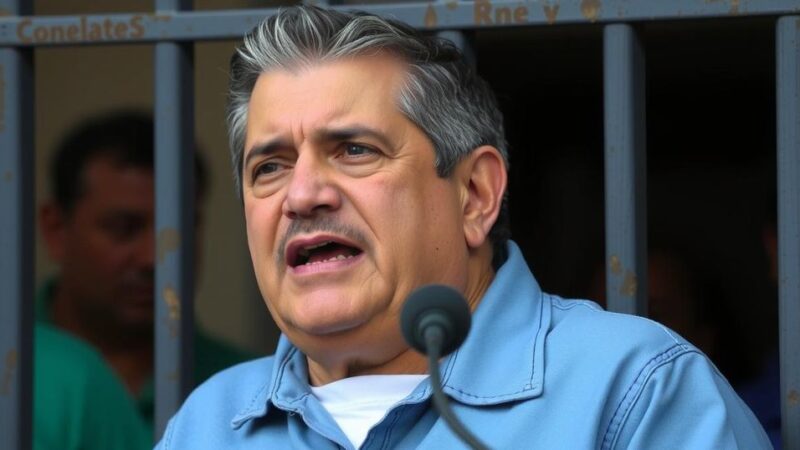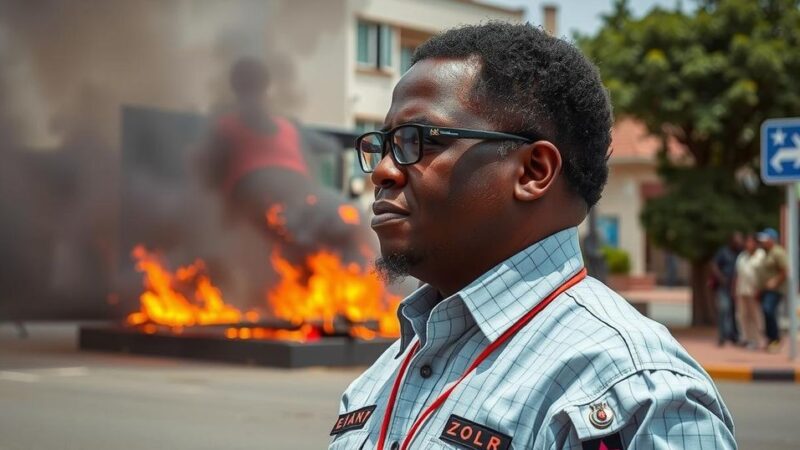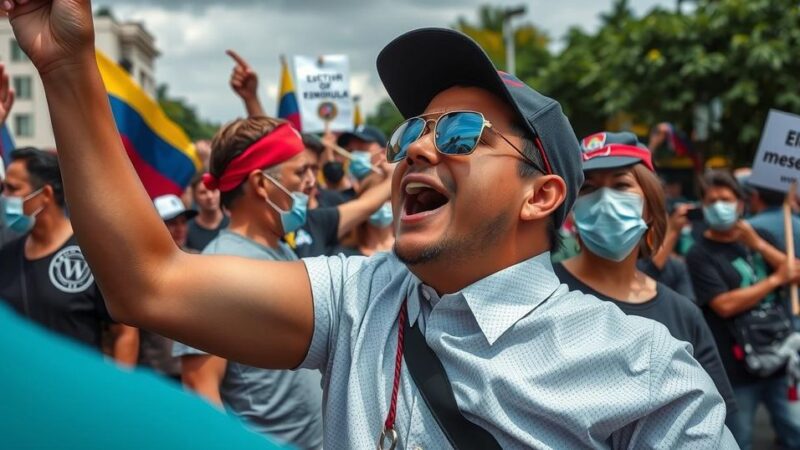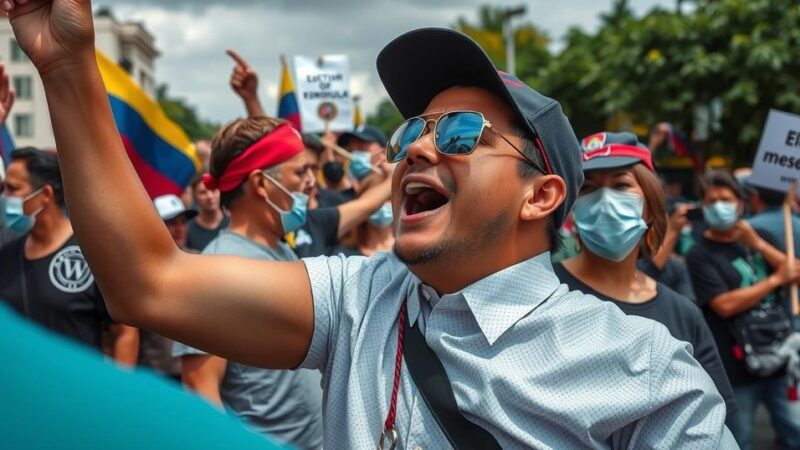Claro Mayo Recto, born on February 8, 1890, was a key Filipino political figure known for his staunch nationalism and his opposition to U.S. neo-colonialism. A law graduate of the University of Santo Tomás, Recto held significant positions including senator, associate justice, and president of the constitutional convention. He was deeply critical of U.S. influence in the Philippines, advocating for economic independence and national sovereignty up until his unsuccessful presidential bid in 1957, underscoring his pivotal role in shaping modern Philippine political discourse.
Claro Mayo Recto (February 8, 1890 – October 2, 1960) was a prominent Philippine statesman and a pivotal figure in advocating for Filipino nationalism. Born in Tiaong, Philippines, Recto earned a law degree from the University of Santo Tomás in 1913 and commenced his political career shortly thereafter. In 1919, he was elected to the House of Representatives, serving as floor leader of the minority Demócrata Party for three terms, before transitioning to the Senate in 1931. His political journey took a significant turn when he aligned himself with the Nacionalista Party in 1933. Recto played an instrumental role in Philippine history, notably as part of a delegation led by Manuel Quezon that successfully sought the passage of the Philippine Independence and Commonwealth Act (1934). He presided over the constitutional convention that established the Commonwealth government and served briefly as an associate justice of the Supreme Court from 1935 to 1936. During World War II, Recto controversially supported the government of José Laurel, although he later returned to the Senate after the war, winning re-election in 1949 and 1955. In the latter part of the 1950s, Recto emerged as a steadfast critic of American influence in Philippine affairs, particularly under President Ramon Magsaysay’s administration. He vehemently opposed the Bell Act, which he believed perpetuated unequal economic arrangements favoring the United States, and advocated for the nationalization of significant economic enterprises. Recto’s fervent stance against U.S. neo-colonialism included demands for the recognition of Philippine sovereignty over U.S. military bases. In 1957, Recto diverged from the Nacionalista Party to found the Nationalist Citizens’ Party, emphasizing neutrality in foreign relations and economic independence. His bid for the presidency in the 1957 elections, however, was unsuccessful, marking a notable moment in his extensive political career.
Claro Mayo Recto emerged during a period in Philippine history marked by colonial struggle and the pursuit of national identity. The legacy of American colonization had instilled a pervasive sense of neo-colonialism that Recto vehemently opposed. His educational background in law provided him with the foundation to critique the political landscape, while his roles in various legislative bodies allowed him to influence significant legislative frameworks shaping the future of the Philippines. Recto’s political maneuvers reflected the broader societal yearning for independence and self-determination post-World War II, particularly as the nation grappled with its identity amid external pressures from the United States.
Claro Mayo Recto was a significant figure in advocating for Philippine nationalism and political reform during a transformative era. His criticisms of U.S. policies and his advocacy for economic independence resonate deeply in the context of Filipino history. Recto’s legacy as a leader of the “Filipino-first” movement underscores the importance of local sovereignty against the backdrop of neo-colonial influences. Even after his unsuccessful presidential campaign, his influence on Philippine politics and nationalist sentiments endured, leaving behind a robust discourse on national identity and economic autonomy.
Original Source: www.britannica.com







